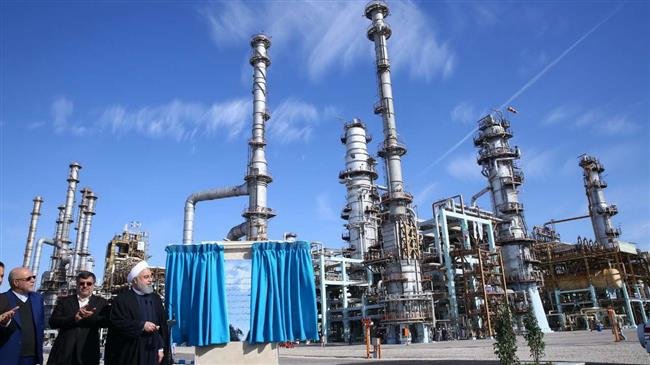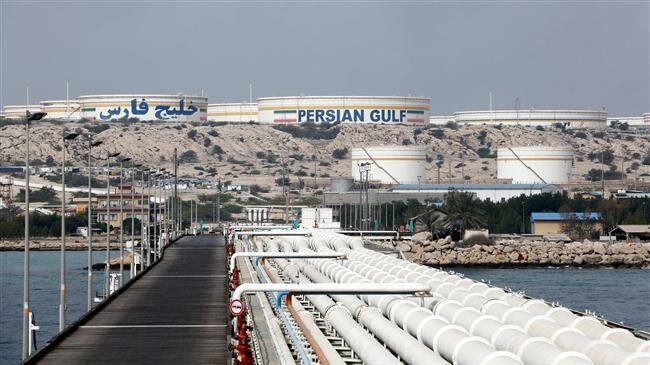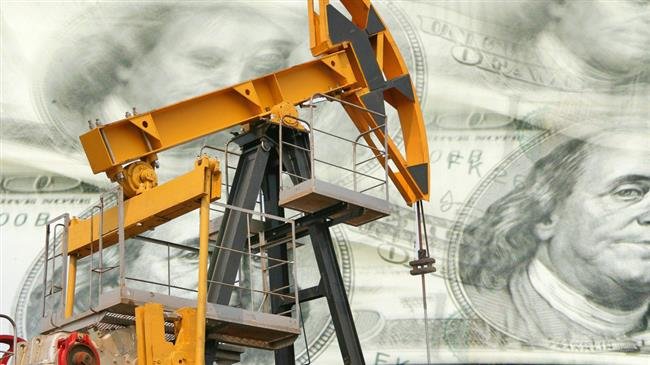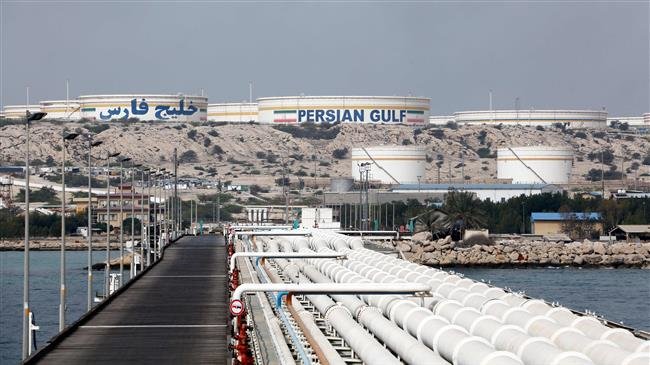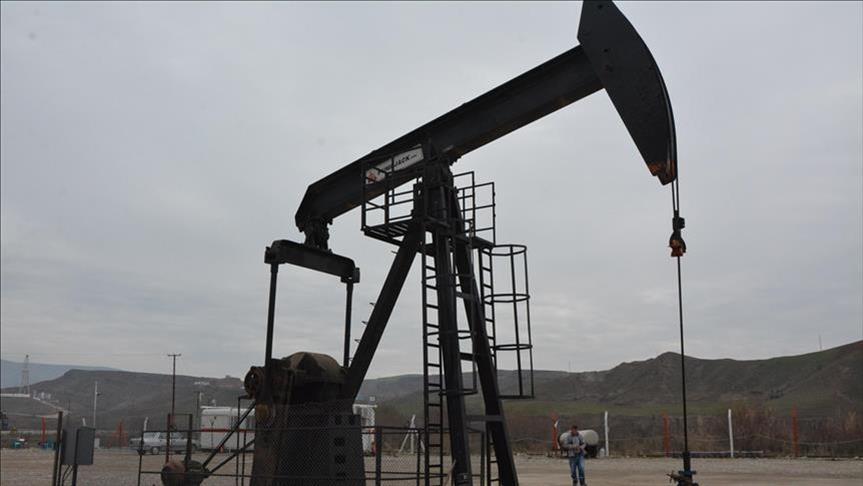South Korean companies imported $101.2 million in Iranian crude last month, the country’s Yonhap news agency reported on Tuesday, citing official data.
Publish dateWednesday 20 February 2019 - 05:31
Story Code : 180019
AVA- The imports were the first in five months after South Korean companies stopped buying Iranian crude oil in September, two months before the United States imposed new sanctions on Tehran.
According to the data from the Korea Customs Service, the January figure represents less than one-fifth of $539 million in Iranian oil imports which the South averaged monthly in the first seven months of 2018.
South Korea is one of the eight countries allowed in November by US President Donald Trump to continue buying Iranian oil for six months.
South Korean refiners and chemical heavily relied on Iranian condensate for production of various petrochemical products. Condensate is an ultra-light oil which is mainly used as a raw material to make petrochemicals like plastics.
SK Innovation, South Korea's biggest oil refiner by sales, planned loading two million barrels of Iranian South Pars condensate for arrival in January. Hanwha Total Petrochemical Company has also bought 12 million barrels of the oil for delivery in February to April.
The US waiver allows the North Asian country to purchase 200,000 barrels a day of condensate for use in several refiners which are designed to process the Iranian grade.
Before the sanctions, South Korea was the biggest client of Iranian condensate with 300,000 barrels per day (bpd) on top of 100,000 bpd of crude oil.
SK Incheon Petrochem, Hyundai Chemical, Hanwha Total Petrochemicals and Lotto Chemical are regular buyers of Iranian condensate. Their addition of new splitters has led a surge in demand for Iranian supplies in the last five years.
However, rising domestic demand in Iran and US sanctions on the Islamic Republic have put Asian consumers under strain for supplies of condensate.
Asian customers favor Iran's South Pars condensate for its rich naphtha yield, a stable supply and price competitiveness.
With restrictions already in place against Iran, the United States is reportedly pushing its fast-growing condensate, and also naphtha, on South Korea.
South Korea’s Hyundai Engineering & Construction in October halted a $521 million deal to build a petrochemicals complex in Iran. In June, Daelim Industrial cancelled a $2 billion (2.3 trillion won) to renovate and expand a refinery in Isfahan.
According to the data from the Korea Customs Service, the January figure represents less than one-fifth of $539 million in Iranian oil imports which the South averaged monthly in the first seven months of 2018.
South Korea is one of the eight countries allowed in November by US President Donald Trump to continue buying Iranian oil for six months.
South Korean refiners and chemical heavily relied on Iranian condensate for production of various petrochemical products. Condensate is an ultra-light oil which is mainly used as a raw material to make petrochemicals like plastics.
SK Innovation, South Korea's biggest oil refiner by sales, planned loading two million barrels of Iranian South Pars condensate for arrival in January. Hanwha Total Petrochemical Company has also bought 12 million barrels of the oil for delivery in February to April.
The US waiver allows the North Asian country to purchase 200,000 barrels a day of condensate for use in several refiners which are designed to process the Iranian grade.
Before the sanctions, South Korea was the biggest client of Iranian condensate with 300,000 barrels per day (bpd) on top of 100,000 bpd of crude oil.
SK Incheon Petrochem, Hyundai Chemical, Hanwha Total Petrochemicals and Lotto Chemical are regular buyers of Iranian condensate. Their addition of new splitters has led a surge in demand for Iranian supplies in the last five years.
However, rising domestic demand in Iran and US sanctions on the Islamic Republic have put Asian consumers under strain for supplies of condensate.
Asian customers favor Iran's South Pars condensate for its rich naphtha yield, a stable supply and price competitiveness.
With restrictions already in place against Iran, the United States is reportedly pushing its fast-growing condensate, and also naphtha, on South Korea.
South Korea’s Hyundai Engineering & Construction in October halted a $521 million deal to build a petrochemicals complex in Iran. In June, Daelim Industrial cancelled a $2 billion (2.3 trillion won) to renovate and expand a refinery in Isfahan.
avapress.net/vdcizuaz3t1avu2.ilct.html
Tags
Top hits
